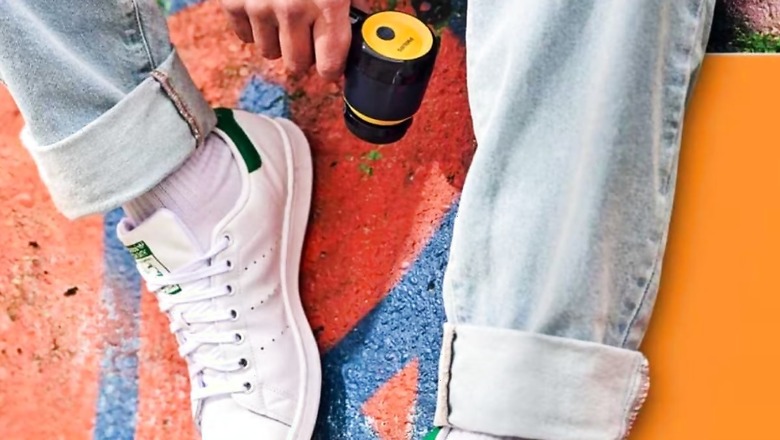
views
Collecting sneakers and sports shoes is not a rare hobby nowadays. From teenagers to grown-ups, no matter which age group they belong to, there are many individuals, who live with the dream of pursuing an exclusive, treasured collection of sneakers. Those who can’t relate to this interest might call them crazy but these people are actually labelled as ‘sneakerheads’. But we are living in a generation where customers must have good knowledge of recognising authentic sneakers as the first copies of every branded unit are available in the market.
A sneaker enthusiast from Australia recently found himself in a tricky situation when he bought some pairs of sneakers from a 17-year-old student and all of them came out to be fake. The man, who is a real estate agent by profession, spent as much as nearly $30,000 to purchase those sneakers in 2020 and some of the pairs were jointly produced by Nike and Dior.
According to a report by Guardian, it was quite easy to judge the authenticity of the limited-edition sneakers as they were released in a fixed quantity of 8,500 low-tops and 4,700 high-top models and each of them had a unique number. The man first bought a pair of Dior X Air Jordan for $3,800 from the student before purchasing three more models for $4,800, $6,700 and $10,000.
The boy later supplied him with three different models of Nike Air Jordan– Bred, Chicago and Royal colour. As revealed by the man, the teenager had contracts with some international agents, who were responsible for the supply of the sneakers.
The customer first noticed a defect in the Dior X Air Jordan model and immediately understood that it was fake. He then sought a refund for all seven pairs of sneakers, which was denied by the student. It was not the end of the matter as the customer lodged a formal complaint against the boy at the Victorian Civil and Administrative Tribunal (Vcat). His father later came forward to resolve the issue and said that he would take responsibility if the sneakers proved to be fake. A man, accompanied by the father, took the shoes to a popular sneaker store where an authenticator immediately confirmed that they were fake.
Moreover, the authenticator identified the student as “a fraudster and a scam artist” who had been blacklisted. The father initially offered the man $10,000 in compensation, which he refused to take. As the student was a minor during the hearing, the court adjudged that the customer was not entitled to a refund.


















Comments
0 comment